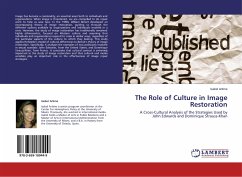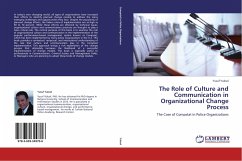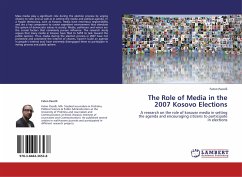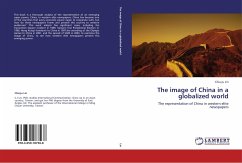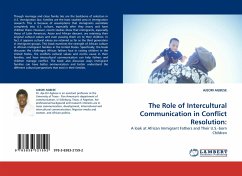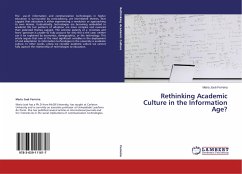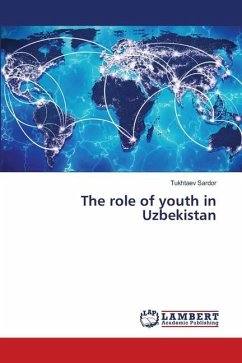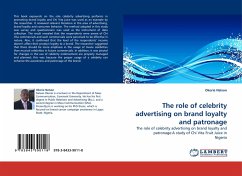Image has become a commodity, an essential asset both to individuals and organizations. When image is threatened, we are compelled to do repair work to help us save face. In the 1990s, William Benoit developed an encompassing theory of image restoration, guiding us through the different options available to organizations and individuals involved in a crisis. However, the study of image restoration has traditionally remained highly ethnocentric, focused on Western culture and assuming that individuals and organizations respond to crises in similar ways, regardless of the particular aspects of the culture to which they belong. This study applies Hofstede s model of cultural differences to Benoit s theory of image restoration. Specifically, it analyzes the examples of two politicians involved in sexual scandals: John Edwards, from the United States, and Dominique Strauss-Khan, from France. It concludes that cultural context is extremely important in the study of image restoration and that cultural and media variables play an important role in the effectiveness of image repair strategies.

